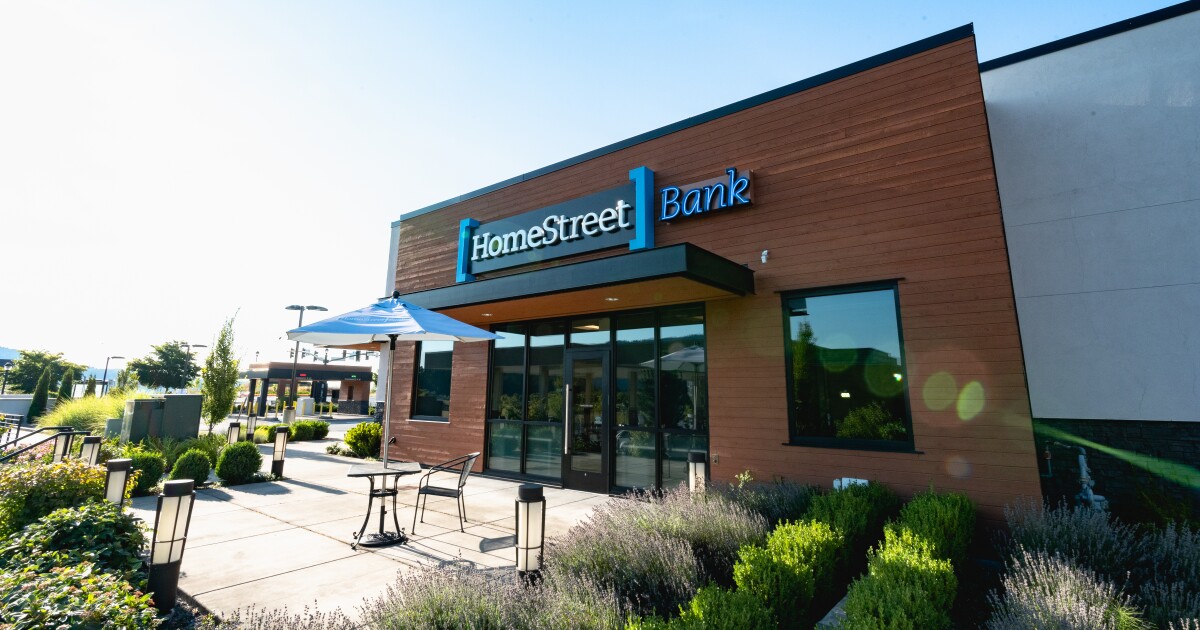Bạn đang xem: HomeStreet agrees to sell nearly $1 billion in multifamily loans
Five weeks after
The deal, announced Friday, is expected to be completed before the end of 2024. The closing is scheduled to occur in two parts — $652 million on Friday and the remaining $338 million on or about Monday.
The $9.2 billion-asset HomeStreet had signaled the likelihood of a large-scale asset sale in October, with Chairman and CEO Mark Mason saying the bank had already started laying groundwork for such a transaction.
Xem thêm : AUGUSTA GOLD AMENDS LOANS
The multifamily loans that HomeStreet agreed to sell to Bank of America are longer duration, lower-yielding loans, according to Mason. The price, including retained servicing rights, is equal to 91.5% of the loans’ principal value, or approximately $906 million, HomeStreet said.
The company intends to use the proceeds to pay down Federal Home Loan bank advances and brokered deposits “which carry substantially higher interest rates than our core deposits,” Mason said in a press release.
The loan sale is part of a strategic plan aimed at engineering a quick rebound. “Entering into this agreement … is the first step in implementing a new strategic plan which we expect to result in a return to profitability for the bank and on a consolidated basis early next year,” Mason said Friday in a press release.

Multifamily loans comprised 54% of HomeStreet’s $7.3 billion loan portfolio on Sept. 30. The portfolio has been checked and rechecked through “multiple due diligence exercises, ongoing regulatory reviews and examinations, both in the normal course and now through two merger regulatory application processes, in addition to quarterly reviews and an annual audit by our independent accountants,” Mason said on an Oct. 30 conference call with analysts.
Xem thêm : El Salvador Bows to IMF, Agrees to Bitcoin Restrictions for $1.4B Loan
Though Mason said in his October comments that HomeStreet did not believe it would require additional capital, the bank at that time was anticipating an $800 million sale. Friday’s deal implies a bigger haircut — in the neighborhood of $94 million. A HomeStreet spokesperson declined to comment on Friday.
HomeStreet had been highly profitable in the years leading up to the coronavirus pandemic, benefiting from a relatively large portfolio of multifamily loans that — while lower-yielding than other asset classes — were characterized by strong asset quality. But that math changed radically in 2022, when the sharp run-up in interest rates pushed its funding costs up significantly.
The bank’s net income totaled $115.4 million in 2021. Two years later, HomeStreet reported an annual loss totaling $27.5 million.
HomeStreet, which reported a $21 million loss through the first nine months of 2024,
Despite months of effort, which included FirstSun’s
Investors — who sold off shares in late October, after HomeStreet and FirstSun announced their deal was
Nguồn: https://marketeconomy.monster
Danh mục: News

